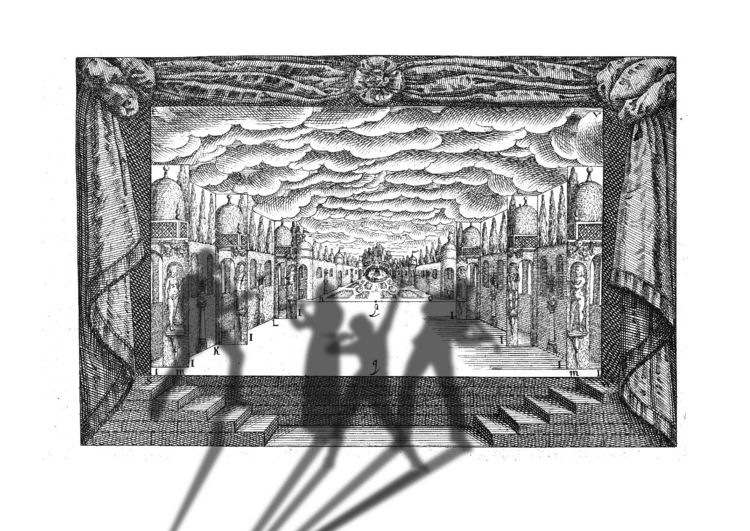Contact information
Prof. Dr. Anna Langenbruch
Institute of Music (» Postal address)

Project 1: Performing Music History
Prof. Dr. Anna Langenbruch
Voices, Knowledge and Performance: Historiographical Music Theater as Artistic and Epistemic Practice (Habilitation Project)
The central hypothesis of this project is that music history on stage can be understood as an artistic form of music historiography, and therefore as a historiographical genre; a genre that I call historiographical music theater (or “Musikgeschichtstheater” in German). In these performances music serves as a medium of music history. Therein, art and history interact in a special way: Music history is not only read and written; we compose and perform it, we watch and listen to it, we constantly retell music history. In what way does this practice affect notions of musico-historical knowledge? More generally speaking: What role does music play in the history of knowledge?
These questions are fundamental, not only for artistic, but also for musicological approaches to music history. In my habilitation project, I intend to find answers on the basis of musico-historical performances, by placing three terms at the center of the subject: voices, knowledge and performance. In historiographical music theater voices convey musico-historical knowledge in the mode of performance. How does that work? And what implications does it have for music historiography and for historical theory in general?
The theoretical and methodological argument of the study is based on selected case studies, working within a wide temporal and geographical framework: historiographical music theater in Paris in the long 18th century, stagings of (female) opera singers since the 19th century, performances of musicology in American music theater of the 20th and 21st century and stories of political rock music that have been told in German municipal theaters since the turn of the millennium. By focusing on a historical setting, a musical profession, an academic discipline and a musical genre alike, the case studies reveal the temporal and geographical range of the repertoire as well as the thematic and stylistic variety that performing music history has to offer.

